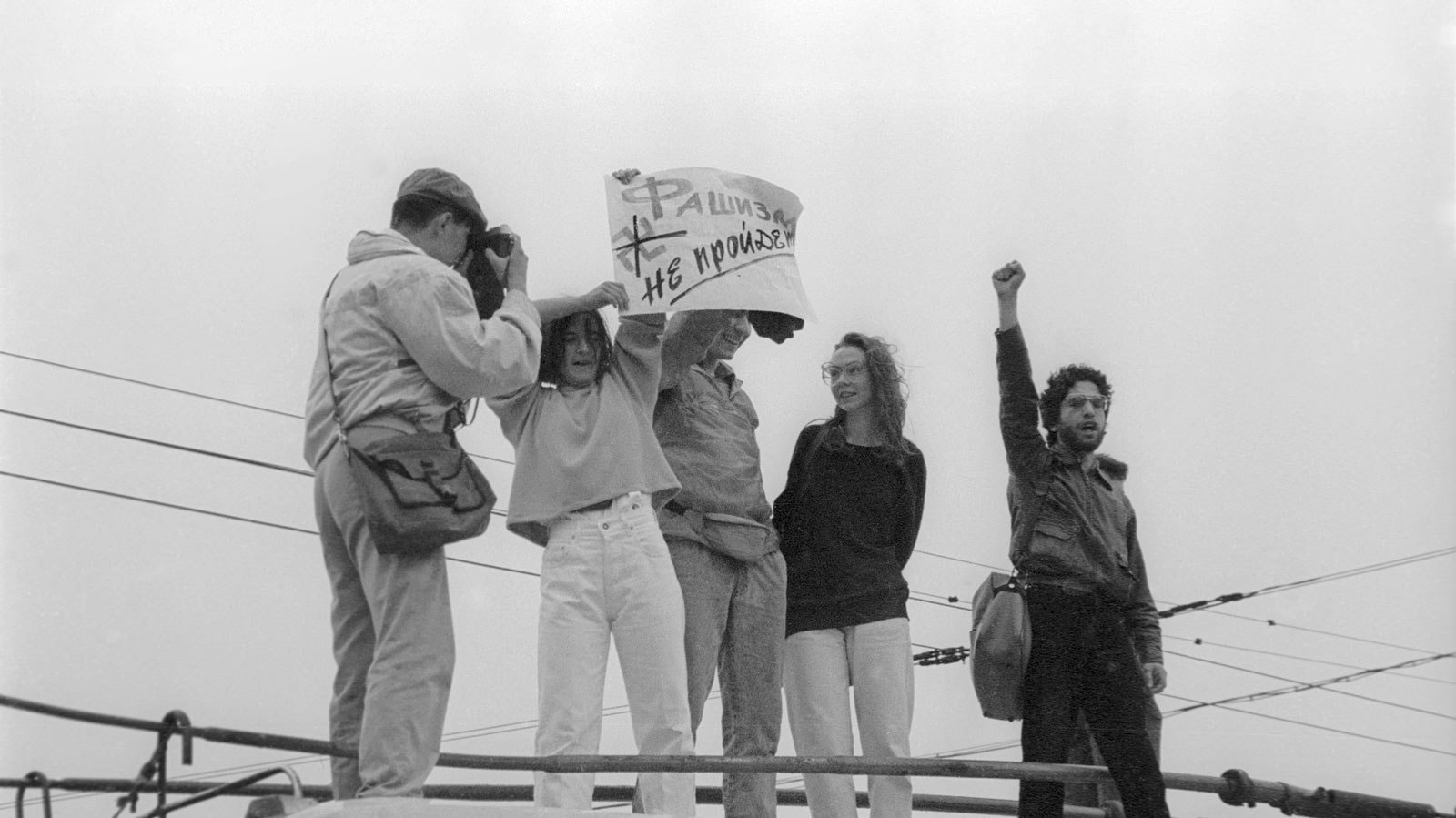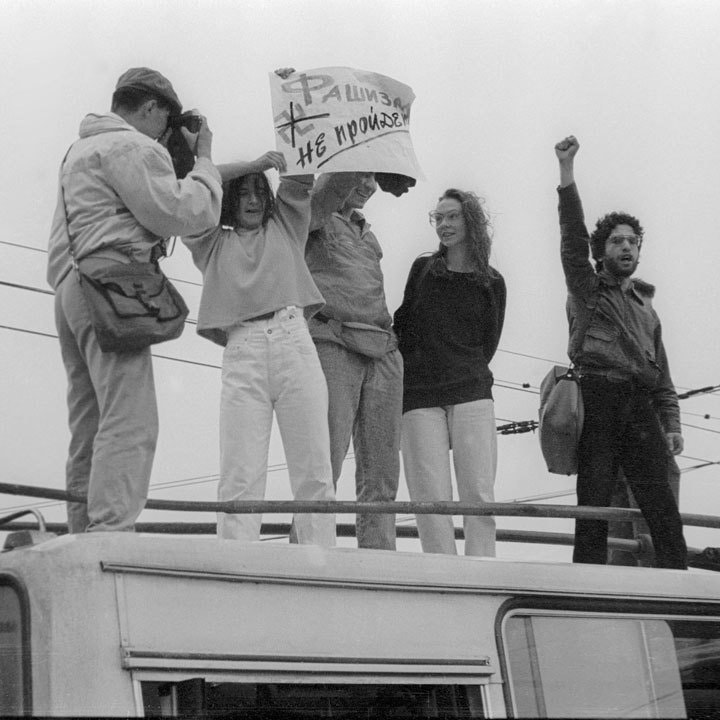In the thirty-year period since the collapse of the Soviet Union there has been no clear explanation of what actually happened. Today, in a situation of chronic polarization, both the official ideology and the opposition admit that the twentieth century’s “greatest achievement/crime” was profoundly “ours” by nature, but it somehow perished due to external factors, such as the arms race and globalization. We will attempt to place the Soviet trajectory of development through catching-up—with typical features such as state planning, urbanization, militarism, futurism and officialdom, repressions and the cult of personality—alongside analogous trajectories relating to other countries. What happened to all of these trajectories at the end of the twentieth century? What kind of processes merged in the significant years 1968 and 1989? Why did the communist regime fall in the Soviet Union, but not in China? What do the terms “post-Soviet” and “postmodernism” mean in this light? And, looking ahead, how might that which comes after the postmodern look?
Georgi Derluguian ““1968/1989. The Revolution according to Max Weber, or Why Modernism and the USSR Collapsed Together”
Date
Schedule
Place
ABOUT THE PARTICIPANT
Georgi Derluguian (b. 1961, Krasnodar) is a professor of Sociology at New York University Abu Dhabi. At university he specialized in African Studies (Swahili and Hausa) and in the 1980s visited Mozambique during the war. Later he conducted field research studies in post-Soviet republics. For his articles “Why Tatarstan is not Chechnya” (1994), “Abkhazia is not Adzharia” (1995), “The New Cossacks of Kuban” (1996), “Che Guevaras in Turbans” (1999) and the monograph A Follower of Bourdieu in Caucasus (2005, translated into Russian in 2010) he received the Norbert Elias Essay Prize, the Andrew Carnegie Medal, and prizes from the American Sociological Association and The Times Literary Supplement. He has been criticized for “repeated and perhaps deliberate exaggeration of the difficulties in the development of socialism in Africa” and “Dovlatov-style writing in sociology.” The book Does Capitalism Have a Future that he co-authored with Immanuel Wallerstein, Randall Collins, Craig Calhoun, and Michael Mann has been translated into 15 languages, including Korean, Slovenian, Arabic, Turkish, German, Finnish, Georgian, and Russian. He lives in Yerevan and works in Abu Dhabi.

